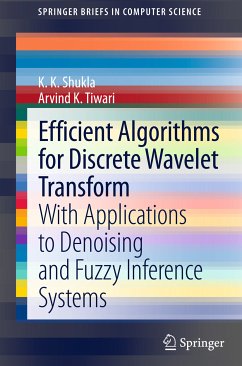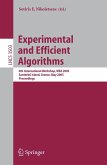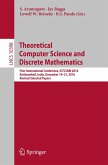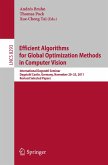Due to its inherent time-scale locality characteristics, the discrete wavelet transform (DWT) has received considerable attention in digital signal processing (speech and image processing), communication, computer science and mathematics. Wavelet transforms are known to have excellent energy compaction characteristics and are able to provide perfect reconstruction. Therefore, they are ideal for signal/image processing. The shifting (or translation) and scaling (or dilation) are unique to wavelets. Orthogonality of wavelets with respect to dilations leads to multigrid representation.
The nature of wavelet computation forces us to carefully examine the implementation methodologies. As the computation of DWT involves filtering, an efficient filtering process is essential in DWT hardware implementation. In the multistage DWT, coefficients are calculated recursively, and in addition to the wavelet decomposition stage, extra space is required to store the intermediate coefficients. Hence, the overall performance depends significantly on the precision of the intermediate DWT coefficients.
This work presents new implementation techniques of DWT, that are efficient in terms of computation requirement, storage requirement, and with better signal-to-noiseratio in the reconstructed signal.
Dieser Download kann aus rechtlichen Gründen nur mit Rechnungsadresse in A, B, BG, CY, CZ, D, DK, EW, E, FIN, F, GR, HR, H, IRL, I, LT, L, LR, M, NL, PL, P, R, S, SLO, SK ausgeliefert werden.









